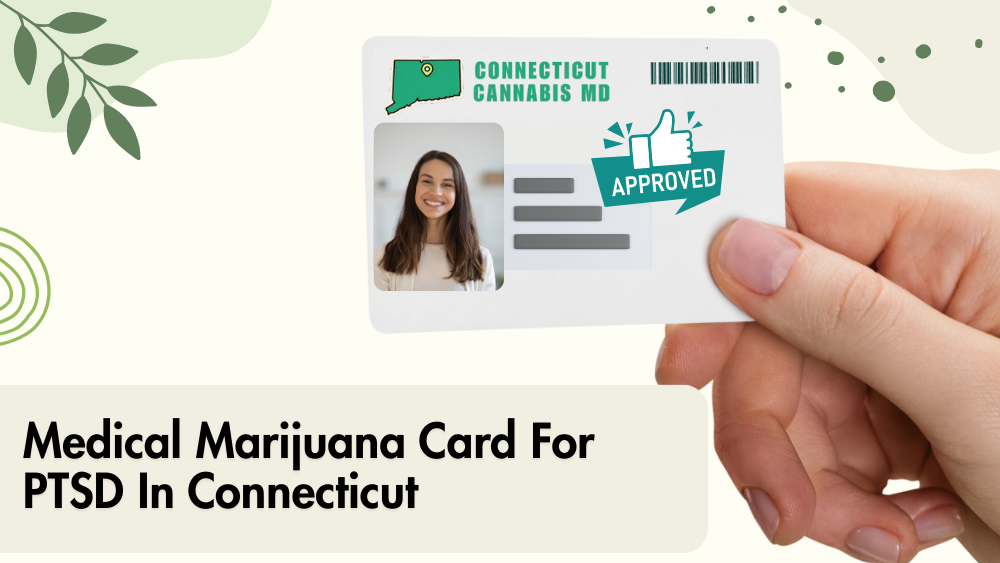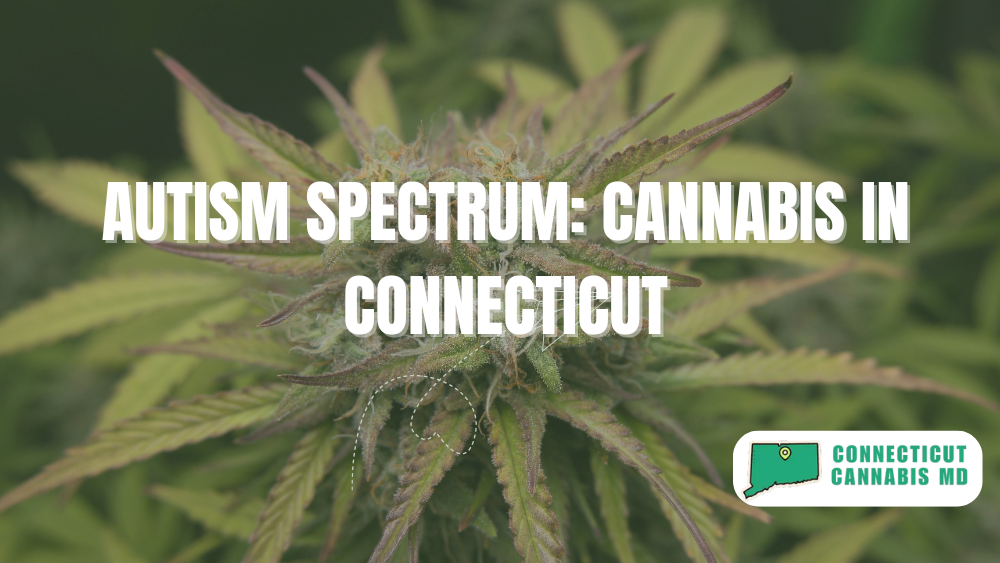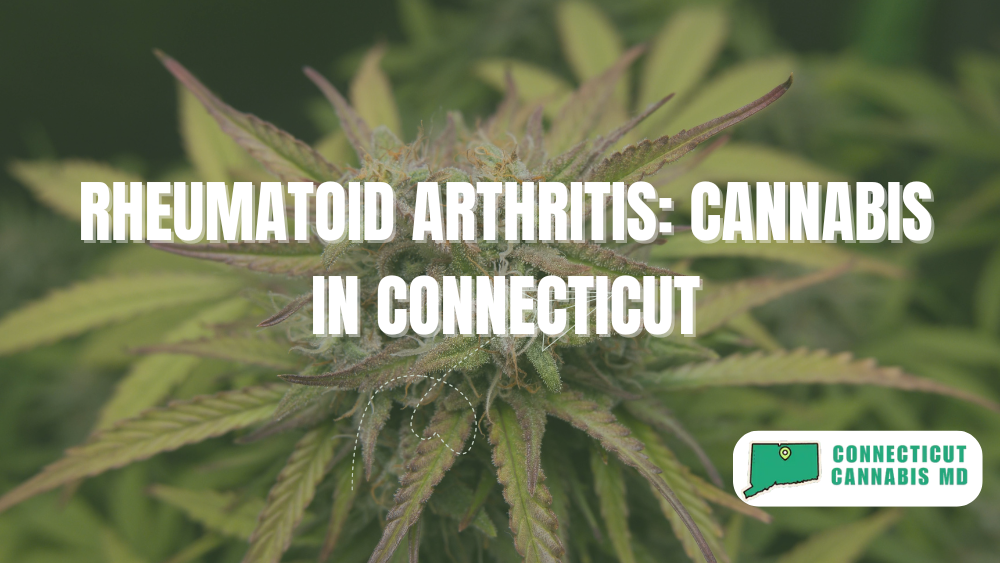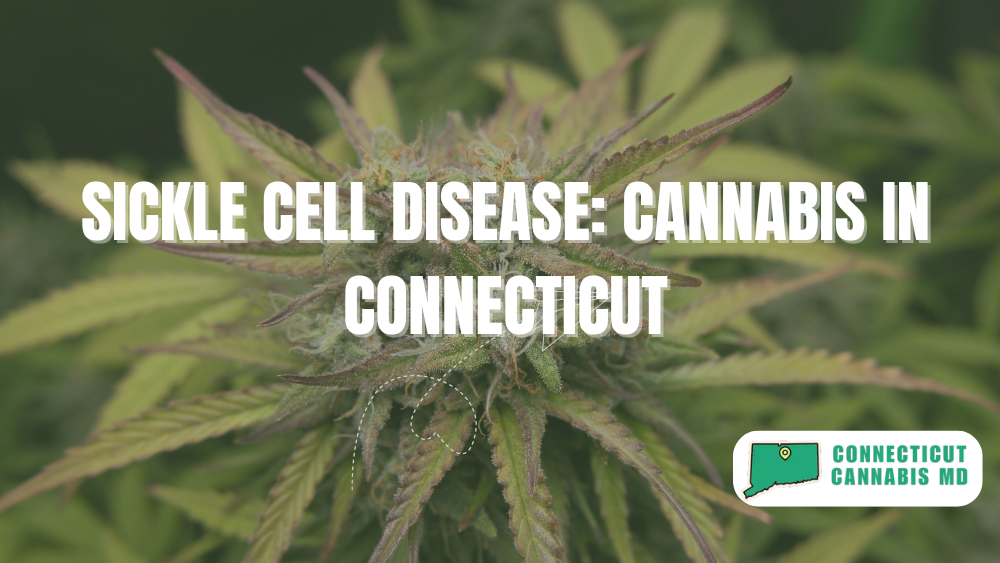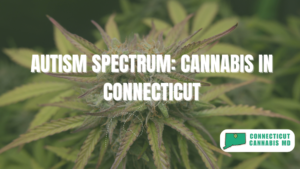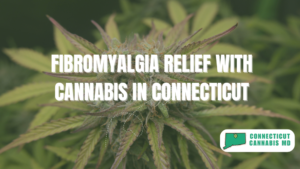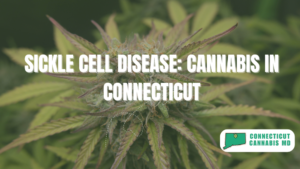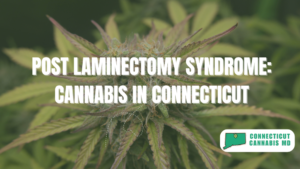Millions of people around the world suffer from PTSD. They are trying to find the treatments, but finding them could be difficult. Recently, medical marijuana for PTSD symptoms has become more popular in places like Connecticut.
However, what do you need to apply for a medical marijuana card for PTSD in Connecticut? In this article, we will talk about the topic in detail.
Is PTSD a Qualifying Condition for a Medical Marijuana Card in Connecticut?
Yes, you can get a medical marijuana card for PTSD in Connecticut. The state’s medical marijuana program explicitly lists PTSD as a condition that can be treated with cannabis.
Whether you’re a veteran or have experienced trauma in another form, cannabis could be a valuable part of your treatment plan.
Why Cannabis for PTSD?
THC and CBD in cannabis may help PTSD patients sleep, feel less agitated, and recall events, according to research. Cannabis can help PTSD patients by calming the endocannabinoid system.
How to Qualify for a Medical Marijuana Card for PTSD in Connecticut?
You do not have to have PTSD in order to qualify for a Connecticut medical marijuana card, but it is one of the conditions below that will. Once you have been officially diagnosed with PTSD, you can then go on to initiate the medical marijuana application process.
Steps to Get Your Medical Marijuana Card
Receive PTSD diagnosis: A provider must diagnose you to have PTSD in-and-out visits or a telemedicine visit;
Obtain a Marijuana Recommendation: Once you have your diagnosis, you will require a recommendation from an authorized provider. Telemedicine evaluations are permitted in the state of Connecticut, which not only makes it feasible but also a time-efficient process. Telemedicine — $179 new patient / $149 renewal (per year)
Apply: If you get the go-ahead, then you can submit your own application through the state’s MMJ program.
Begin the process from today by consulting telemedicine.
Start your telemedicine consultation today to begin the process!
The Benefits of Medical Marijuana for PTSD Patients
PTSD veterans benefit from medicinal marijuana. Cannabis may alleviate symptoms without the adverse effects of antidepressants and antipsychotics.
Improved Sleep and Reduced Anxiety
Insomnia and nightmares are rife with PTSD. CBD, in particular high-CBD strains of cannabis, can help you fall asleep. In addition, Cannabis presents anxiolytic features, preventing the effect of stress.
Non-Addictive Alternative
Even worse is the fact that many of the drugs used to treat PTSD, especially antidepressants, are already addicting. On the other hand, medical marijuana is an option to long-term painkillers that isn’t harmful. So, this is a much better way for people who want to stay away from prescription drug abuse.
How Telemedicine Makes the Process Easier?
One of the biggest barriers to getting a medical marijuana card for PTSD in the past was accessibility. Now, thanks to telemedicine, patients can complete the entire process from the comfort of their homes.
Whether you’re a new patient or renewing your card, telemedicine offers a faster, more convenient way to obtain your marijuana recommendation.
Telemedicine Pricing and Convenience
Telemedicine consultations for medical marijuana recommendations in Connecticut are affordable and easy to schedule. For new patients, the cost is $179, and yearly renewals are $149.
You can connect with a certified healthcare provider online, discuss your symptoms, and receive your recommendation without visiting a doctor’s office.
Ready to start? Book your telemedicine consultation today!
Legal and Safe Access to Medical Marijuana in Connecticut
Once you have your medical marijuana card, accessing cannabis is straightforward. Connecticut has several licensed dispensaries where you can purchase a range of cannabis products, including edibles, oils, and flowers
What Kind of Products Can PTSD Patients Use?
- High-CBD Strains: These are ideal for reducing anxiety without causing psychoactive effects.
- Indica Dominant Strains: Indicas are known for their calming sedative properties, making them great for improving sleep.
- Tinctures and Oils: For those who prefer not to smoke or vape, tinctures and oils offer a discreet way to consume cannabis.
- Edibles: Edibles can provide long-lasting relief, making them a good option for nighttime use.
How Long Does It Take to Get a Medical Marijuana Card in Connecticut?
The process of obtaining a medical marijuana card in Connecticut can be relatively quick, especially when using telemedicine. After your consultation and marijuana recommendation, you can submit your application to the Connecticut Department of Consumer Protection. Most patients receive their cards within 30 days.
Begin your journey toward relief from PTSD by scheduling a telemedicine appointment today!
Conclusion
For individuals suffering from PTSD in Connecticut, medical marijuana can provide significant relief from symptoms such as anxiety, flashbacks, and insomnia. The process of obtaining a medical marijuana card has never been easier, thanks to telemedicine options that allow you to complete everything from home.
Getting started at just $179 for new patients and $149 for yearly renewals is affordable and convenient. If you’re ready to explore cannabis as a treatment for PTSD, start by booking your telemedicine consultation today.
FAQs
Is PTSD a qualifying condition for a medical marijuana card in Connecticut?
Yes, PTSD is one of the qualifying conditions for a medical marijuana card in Connecticut. Both veterans and civilians with PTSD can apply.
How much does a medical marijuana recommendation cost in Connecticut?
The cost for a medical marijuana recommendation via telemedicine is $179 for new patients and $149 for yearly renewals.
Can I use telemedicine to get my medical marijuana card in Connecticut?
Yes, Connecticut allows patients to complete their marijuana recommendation through telemedicine. This makes the process faster and more convenient.
What types of cannabis products are best for PTSD?
PTSD patients often benefit from high-CBD strains for anxiety, Indica-dominant strains for sleep, and edibles or oils for long-lasting relief.
How long does it take to get a medical marijuana card in Connecticut?
After completing your consultation and submitting your application, you can expect to receive your medical marijuana card within 30 days.

